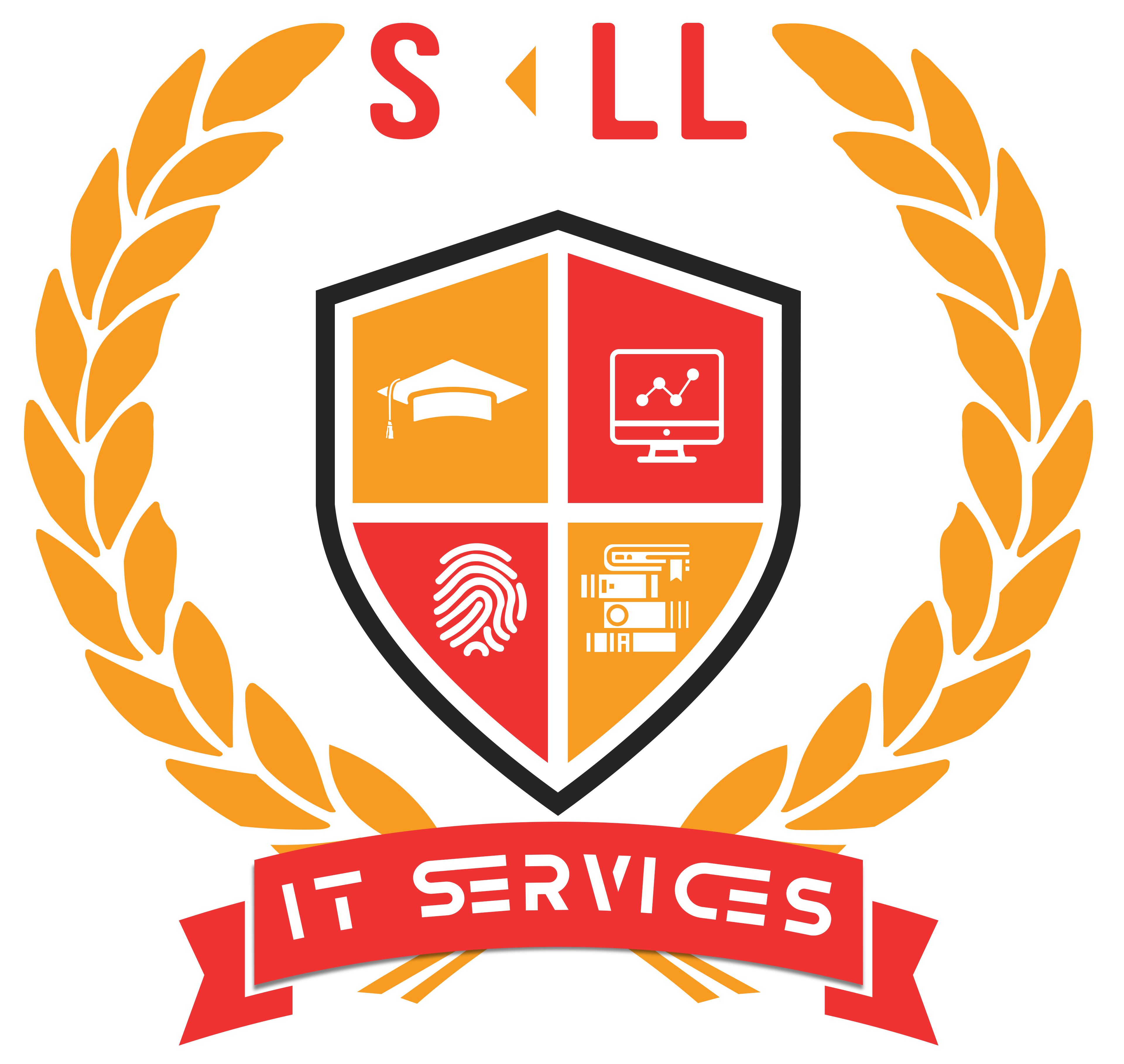Manual & Automation Testing
Join our comprehensive online course to master both Manual and Automation Testing! This course is designed for beginners and professionals who aim to excel in the field of software testing.
( 500+ students )
Last updated 05/2024
English
What you'll learn
- In-depth understanding of Java Foundations & Object Oriented Programming for working on Automation Testing Projects
- Learn Java (and massive *** bonus Cucumber ***) from an OOP & Automation Testing Projects view point
This course includes:
-
3 Months Live Classes
-
3 Months Internship
-
Internship Offer Letter
-
Course Completion Assesments
-
physical certificate via Speed Post
-
Downloadable resources
-
Course completion Certificate
-
Internship completion Certificate
-
Letter of Recommendation (LoR)
-
online verified certificate
Course content
18 Modules • 6 Months Duration
Manual Testing
1.1 Understanding the Basics
- What is Software Testing?
- Why is Testing Necessary?
1.2 Testing Principles
- Seven Principles of Software Testing
1.3 Types of Testing
- Functional vs. Non-functional Testing
- Static vs. Dynamic Testing
2.1 Software Development Life Cycle (SDLC)
- Overview of SDLC phases
2.2 Testing Life Cycle
- Requirements Analysis
- Test Planning
- Test Design
- Test Execution
- Defect Reporting
- Test Closure
3.1 Equivalence Partitioning
3.2 Boundary Value Analysis
3.3 Decision Table Testing
3.4 State Transition Testing
3.5 Use Case Testing
4.1 Defect Life Cycle
- Defect Logging
- Defect Tracking
- Defect Closure
4.2 Writing Effective Defect Reports
5.1 Black Box Testing
- Functionality Testing
- Usability Testing
- Security Testing
6.1 Introduction to Testing Tools
- Jira
6.2 Hands-on Practice with a Test Management Tool
7.1 Principles of Exploratory Testing
7.2 Techniques for Effective Exploratory Testing
8.1 Need for Automation Testing
8.2 Benefits and Challenges of Automation
9.1 Selenium WebDriver
- Introduction and Installation
- Basic WebDriver Commands
9.2 TestNG
- Annotations
- Test Suites
9.3 Maven
- Project Management and Build Tool
10.1 Introduction to Programming
- Variables, Data Types, Operators
10.2 Control Flow
- Conditional Statements
- Loops
10.3 Functions and Methods
11.1 Handling Web Elements
- Locators (XPath, CSS, etc.)
- Waits and Synchronization
11.2 Handling Pop-ups and Alerts
11.3 Page Object Model (POM)
- Implementing POM
12.1 Data-Driven Testing Concepts
12.2 Data Providers in TestNG
13.1 Introduction to Version Control
13.2 Git Basics
14.1 Cross-Browser Testing
14.2 Parallel Test Execution
14.3 Introduction to Docker for Test Automation
15.1 Test Automation Best Practices
15.2 Overview of Test Automation Frameworks
- Data-Driven Framework
- Keyword-Driven Framework
- Hybrid Framework
16.1 Logging and Reporting in Automation
16.2 Integration with Extent Reports
17.1 Introduction to AI in Testing
17.2 Robotic Process Automation (RPA)
11.1 Case Studies on Automation Implementations
Requirements
- You simply need to be committed and passionate to ‘Become an Effective Automation Tester’ !
Description
Are you thinking of moving from Manual to Automation Testing?
Do you believe Coding is the key to Automation Testing Career?
Then you should also be aware that Test Automation is certainly in high demand and that Java is one of the most common programming language used for Automation Testing. So, learn Java for Automation Testing covering Java Beginners to Advanced – from Automation Testing Projects view-point.
This realistic course covers “How to get started with Java for Automation Testing” to “How to use SOLID principles to become an Automation Tester”. Learn Java for Automation Testing practically and as industry expects from an Automation Tester.
The key objective of the Course is to learn numerous Java Practical concepts from Automation Testing Projects perspective and put the Java essentials into practice. This approach helps students to quickly and productively showcase Java as a key skill in their CV.
Also the exposure to Automation testing approach via project based learning would help students establish confidence in coding and think like an Automation Tester.
Likewise, students would learn Cucumber (a massive bonus) as a key skill for Automation Testing, in the context of Java OOP. With the right exposure to Cucumber framework and hands-on experience with Java, you can subsequently learn Selenium WebDriver for UI Automation or REST-assured for API Automation.
Who this course is for:
- This course is most suitable for Manual Testers who are aiming to break into Test Automation
- Anyone seeking project-based learning for “Java for Automation Testing” with a hands-on approach
- Those keen on learning Advanced Java – OOP & SOLID design principles from project examples and using it in the context of Cucumber.
- Anyone wishing to increase their earning potential, as IT companies prefer to hire Manual & Automation Testers who are already trained in Java & Cucumber

